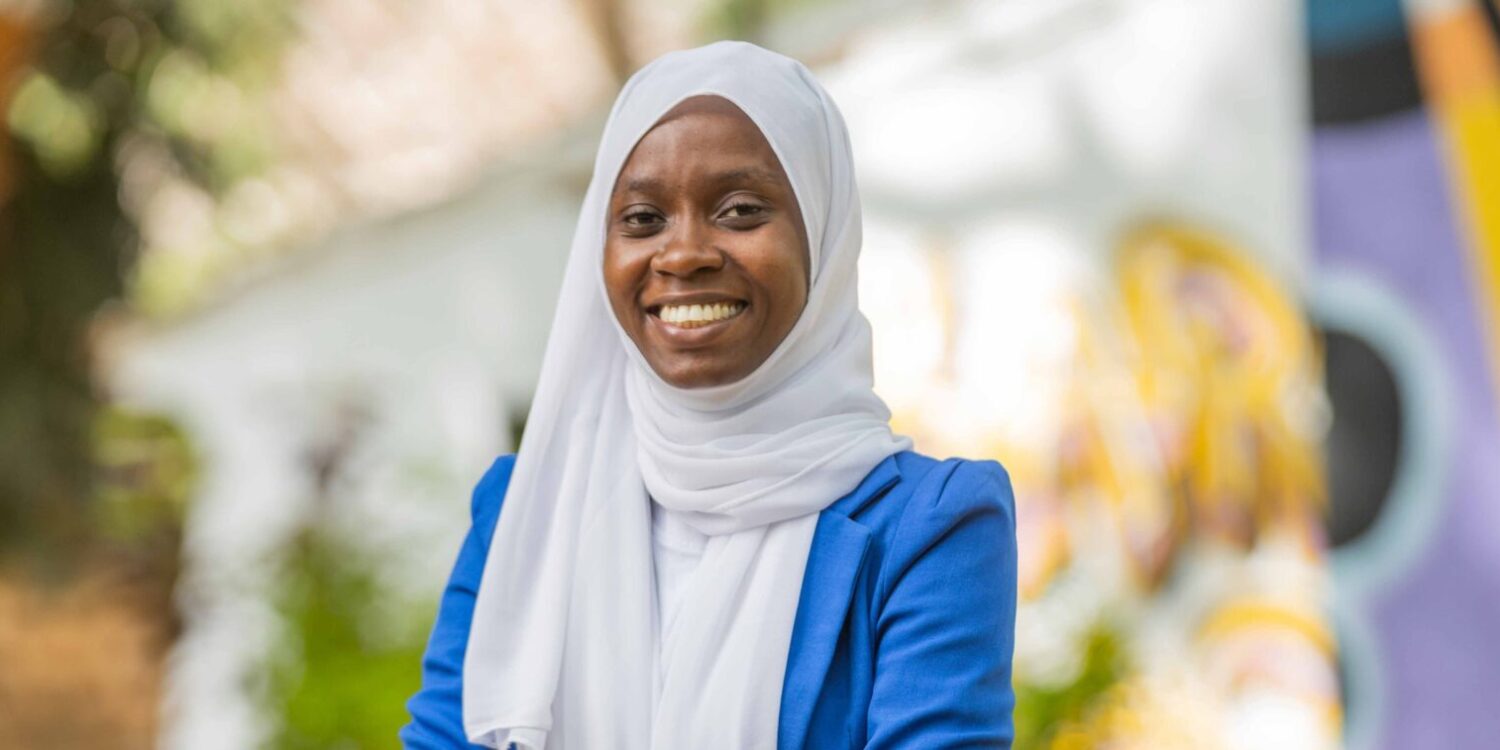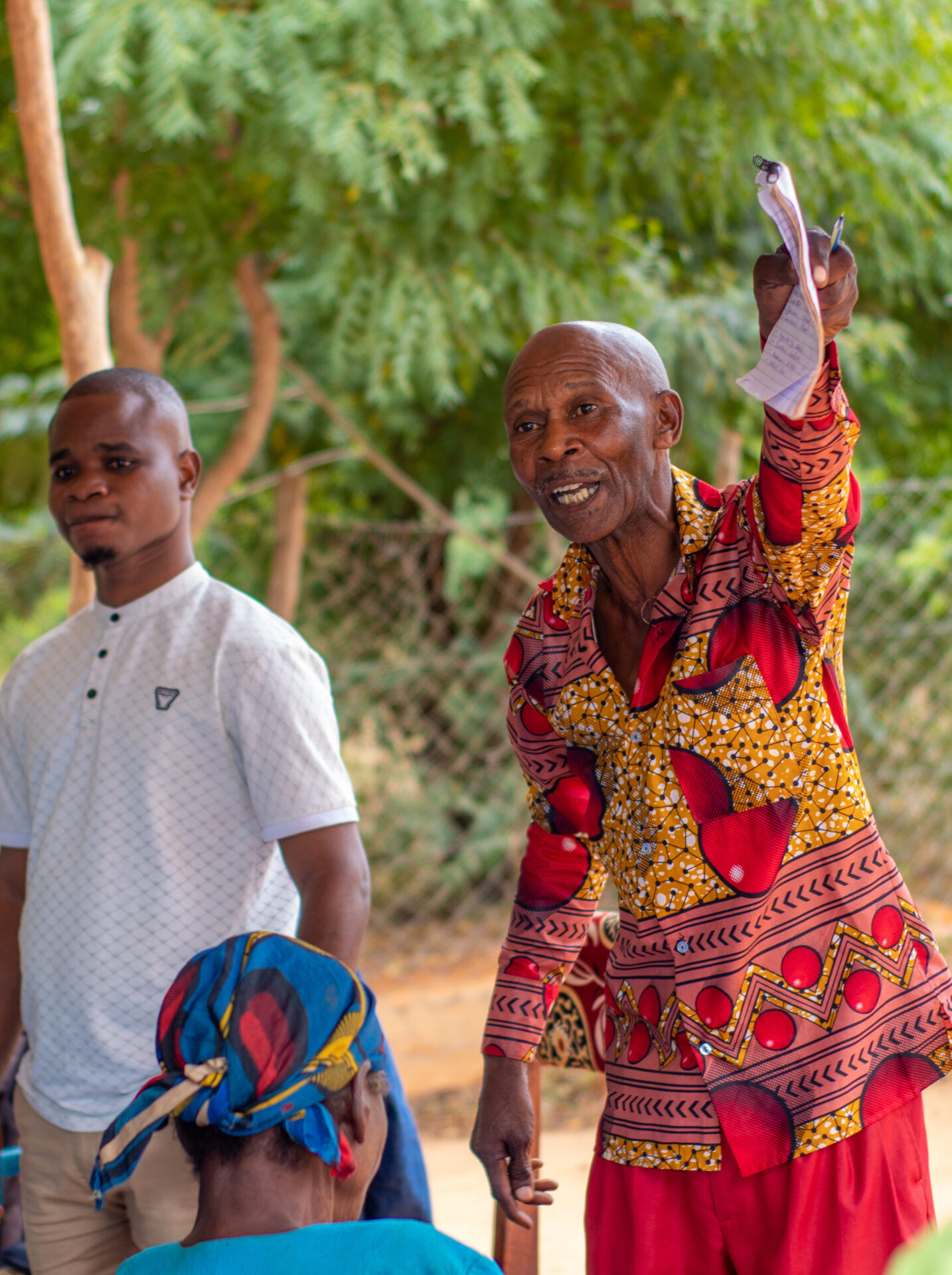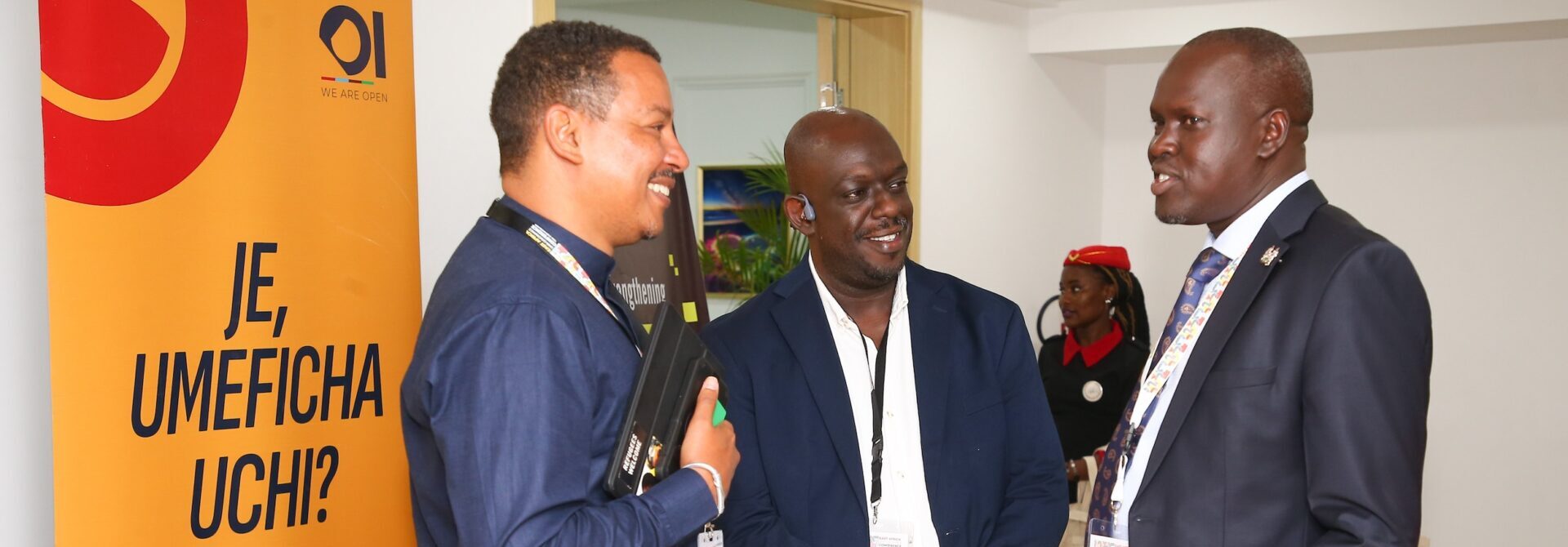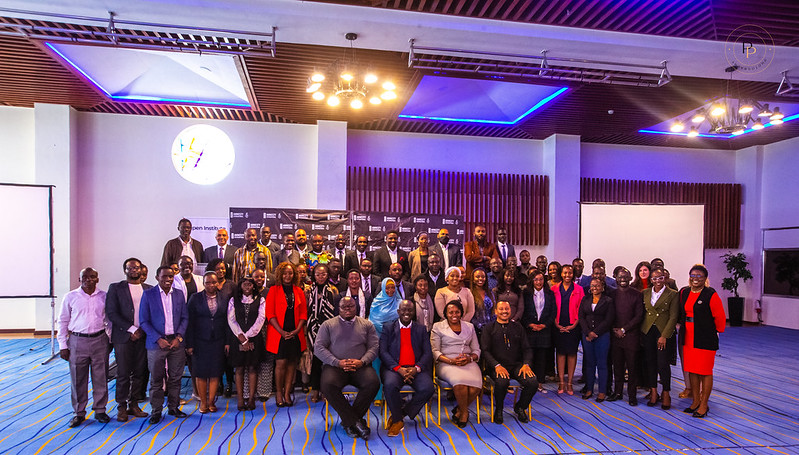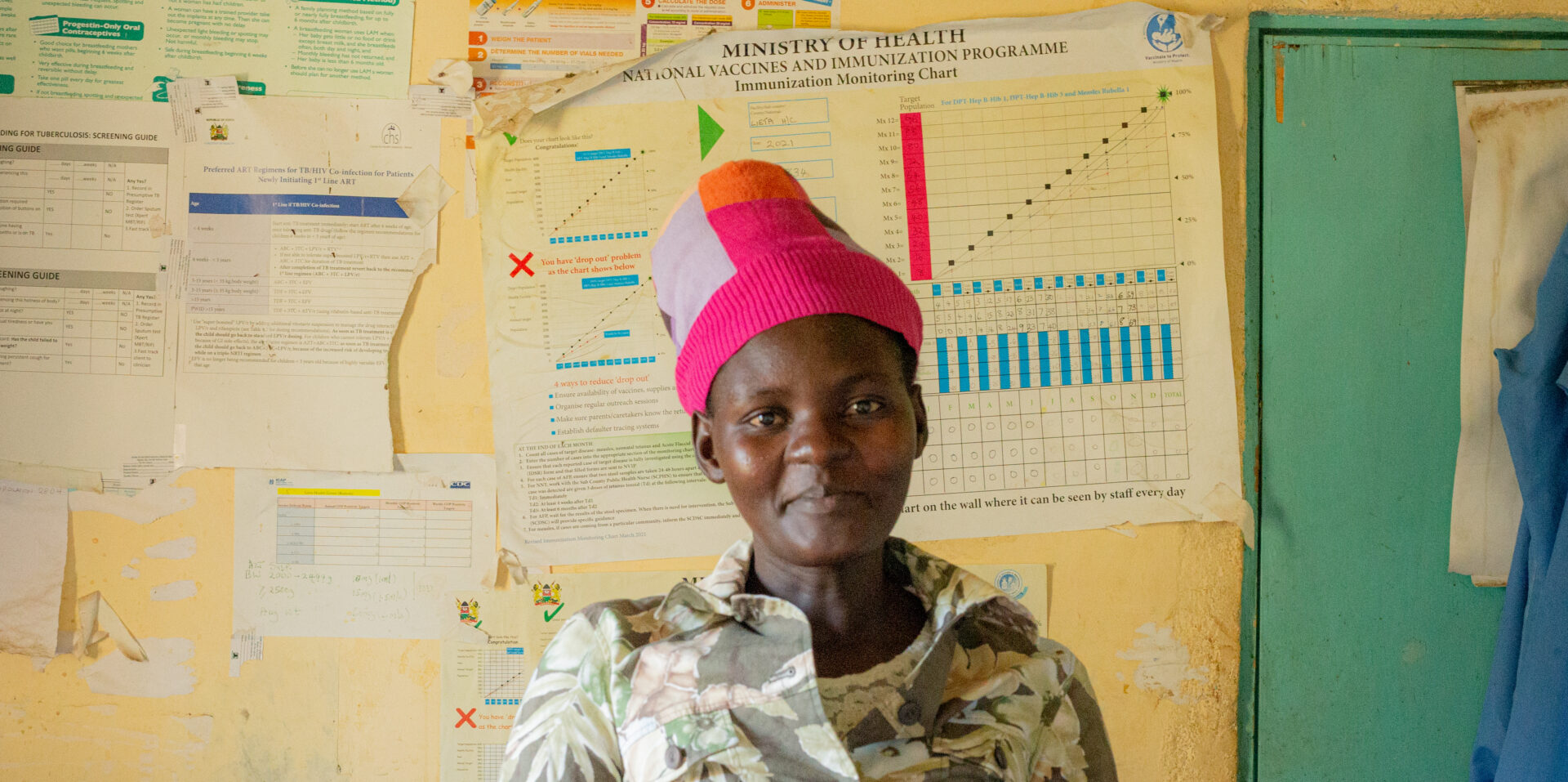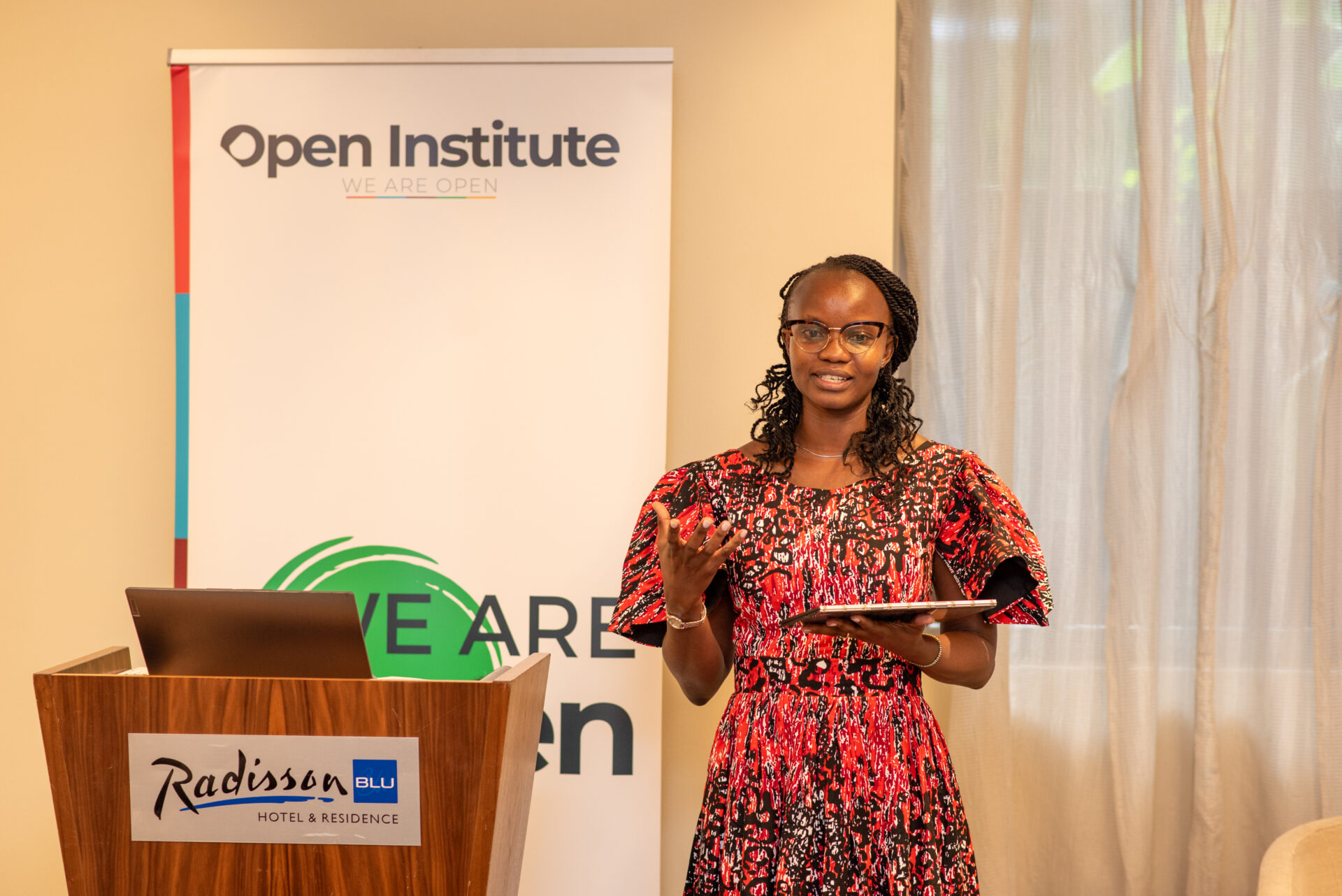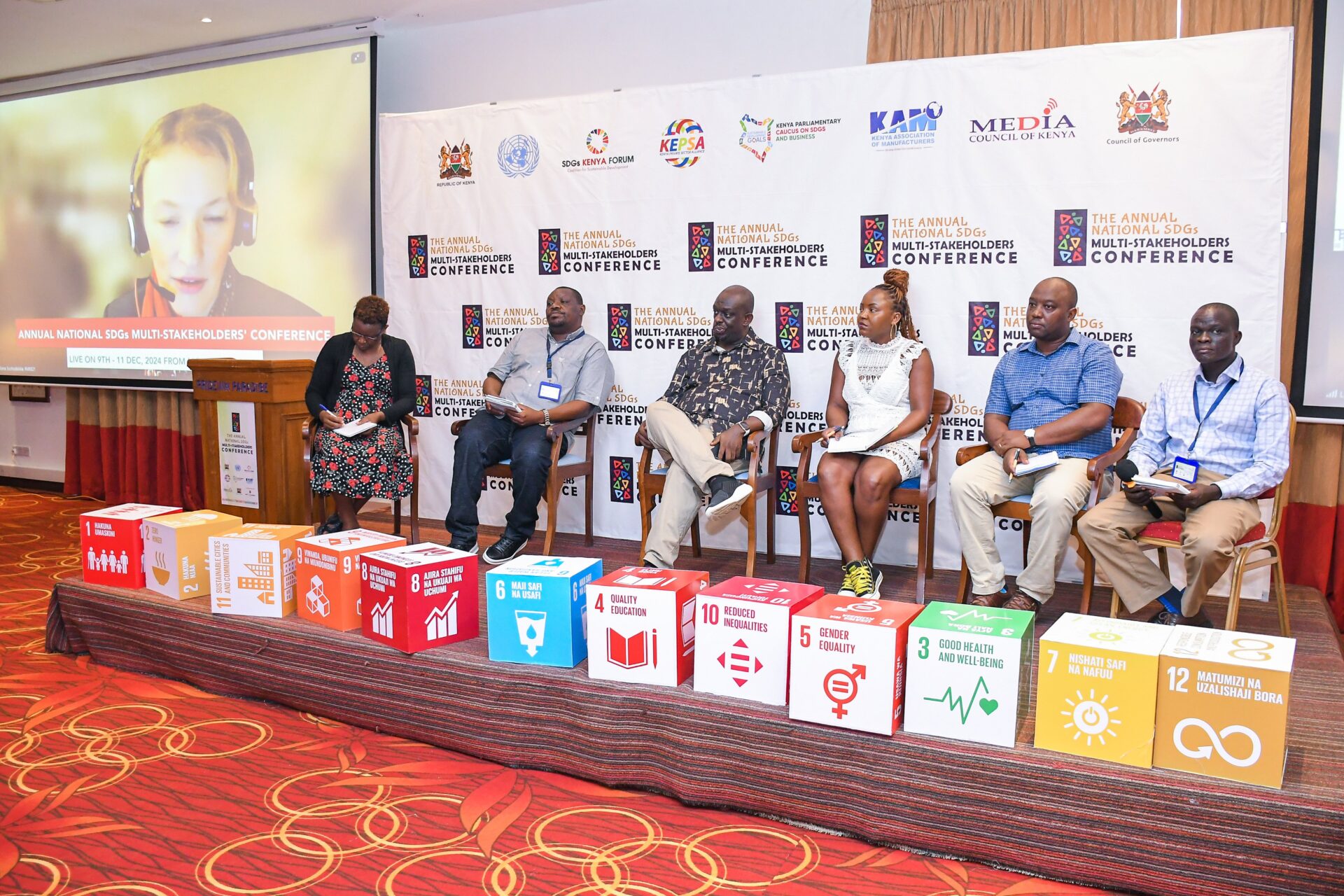Growing up as a girl here is tough. Right from birth, the path of our lives is beaten, leading us to places against our own will.
In the heart of Shela, a small village in Malindi, a 13-year-old girl faced the grim reality of being married off due to her family’s dire financial situation. In her culture, it was not uncommon for girls to get married off when they reached puberty, and even more so if the family was poor. This story reflects that of many girls from Malindi who become statistics in school dropouts, early marriages and teenage pregnancies. She rejected this path because she had bigger dreams: to study, pass her schooling and become a dentist. Despite the challenging financial circumstances in her family, a situation that led her to be in and out of school due to lack of school fees, she held on to her dream and a vision to make a lot of money, which she would use to educate her siblings, live a good life and build her parents a nice house.
This is my culture. It locks you in — all you can ever be is somebody’s wife, spending your life bearing and raising children (I would most likely have 5 by now).
~ Zeinab Zahor
Determined to achieve a better future for herself, Zeinab Zahor volunteered her time and efforts in her community. She began working with Community-Based Organizations (CBOs) and volunteering her time to learn and make a difference in people’s lives. Through these efforts, she managed to educate herself. As she grew older, she became aware of a big problem in her community: many people in her community were using a harmful drug called muguka. Muguka is a cheap and potent stimulant, a variant of khat, and the drug was wreaking havoc on her community.
Muguka brings people together here. Every afternoon through to the night, they sit together, each with a black paper bag, chewing gum and an energy drink, chewing time away. Muguka is the number one priority – the motivation. It comes before bills, health, school fees and even meals.
~ Zeinab Zahor
In her words, her community’s behaviour is shaped by the availability or lack of muguka, such that they have formed a dependency on it, forcing people to go to demeaning lengths just to afford it. Girls and boys engage in prostitution to feed their addiction. Families sometimes go hungry because all the money available is used on muguka.
Zeinab was immensely bothered by this issue, asking herself, ‘What is this muguka that causes people to sacrifice everything for it?’
Moved by the struggles of addiction that she observed around her, she decided to try to shed light on this issue. She took a bold step and went around Malindi, speaking to about 24 women, who vulnerably shared their personal experiences in Muguka’s grip. These compelling interviews were compiled into a short docufilm titled “Story za Jaba”, highlighting the devastating impact of muguka on the coastal communities. “Story za Jaba” resonated deeply with the people, sparking conversations and igniting a movement.
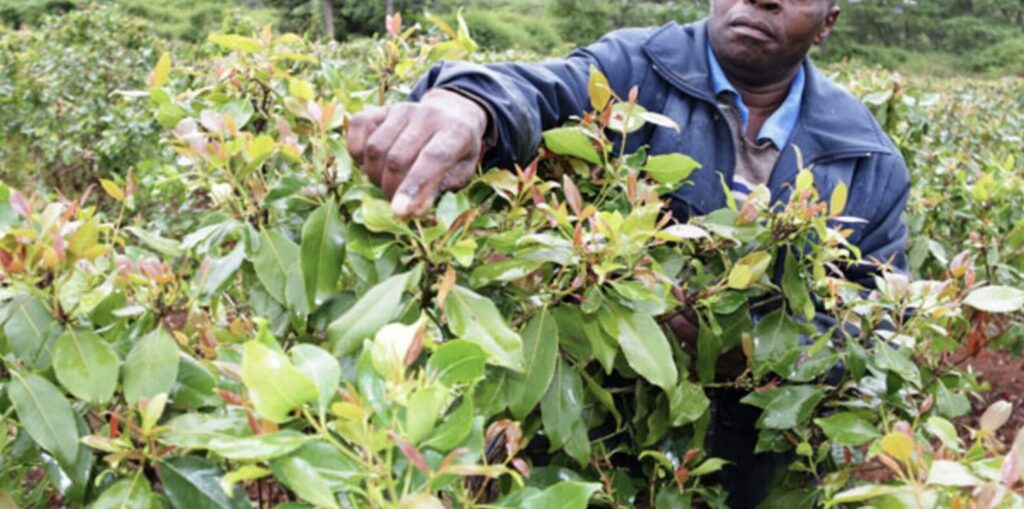
Source: Nation Media Group
A call for action
The film’s impact rippled through the community and beyond, leading to a widespread call to action. The poignant storytelling and stark portrayal of the issue compelled citizens to demand a ban on muguka.
During a visit to Malindi’s Maono Space, the Governor of Kilifi Hon. Mung’aro watched the film. As the CBO leaders engaged with him during a fireside chat afterwards, he promised to ban the drug in the region “come rain or shine”.
Further, there was an outcry in the community which caught the attention of local leaders. The governor of Kilifi, responding to the overwhelming public pressure, took the unprecedented step of banning muguka. This bold decision had first been taken by Mombasa’s governor, and was soon mirrored by the governor of Taita Taveta County, demonstrating the detrimental effects of muguka particularly among the coastal region in Kenya.
Muguka’s effects on women
Yes, muguka affects everyone, but I find that women are uniquely affected because of the roles they play as caregivers and even breadwinners in many cases. They are also the wives of husbands equally affected by addiction.
~ Zeinab Zahor
This is the first-ever film about the effects of muguka on women in general, as well as women on the coast. Additionally, given its accessibility, being cheaper than khat (miraa), it is now being abused by children in the community.
There is currently very little research on muguka and its effects. In addition, many Kenyans do not differentiate muguka from its variant miraa, and they tend to underestimate the adverse effects of muguka on people. The “leafy” drug looks relatively harmless on the outside, but behind every leaf are tragic stories.
When citizens unite, change happens
The ban on muguka is a monumental victory for the community, showcasing the profound impact of grassroots activism and the power of a single voice to drive change.
This is the essence of active citizenship: that every individual has the potential to make a difference.
“Story za Jaba” shows how a compelling narrative can mobilise communities, influence policy, and bring about tangible change. The ban on muguka is a tribute to one young woman’s courage and determination and to the collective power of citizen action.
Zeinab’s journey from a potential child bride to a community leader and change-maker exemplifies the strength and resilience that lie within each of us.
An active citizen is a powerful citizen.
Active citizenship is not just a concept but a powerful force that can reshape our communities and world. For us, active citizenship means more than just casting a vote. It means being actively involved in what needs to be done within the community and guiding the government on how they want development to be done in their areas.
Our active citizenship strategy now involves establishing spaces where local communities and change-makers can do their work, collaborate, and network. These spaces serve as central points for exchanging ideas, fostering partnerships, and building a strong community of activists and organisations dedicated to social change.
Maono Space in Malindi is a vibrant ecosystem designed to foster innovation and collaboration among community-based organisations (CBOs) and local change-makers, providing a space for them to work, network and collaborate. Maono Space provided a supportive and conducive environment for Zeinab, with the support of local CBOs and change-makers, to tell her story. The collective effort from various organisations, changemakers and creatives in the space drove the success of Story za Jaba, and their powerful collective voice drove the county government to act.
When CBOs and changemakers are organised into an ecosystem, they can gain the ability to shape narratives around development—telling their own stories in their own voice. When local organisations control the narratives around their issues in context, this is a powerful and inclusive way to regain their power and drive development priorities according to their needs.
By fostering a collaborative environment for local organisations, Maono Space aims to drive meaningful and sustainable change at the grassroots level, creating a community-driven approach to development and governance.
What next?
Story za Jaba offers a good starting point as it contains insights that foster a deeper understanding of the socio-economic and health challenges faced by those grappling with addiction to muguka. We are hopeful that more comprehensive research will be developed to shed light on muguka addiction, forming a basis for informed interventions and support.
Days after the bans were announced, significant uproar emerged from two other counties where muguka is primarily produced, highlighting the potential economic impacts on these regions. This controversy led the High Court to suspend the ban on the entry of muguka to the coastal counties in a case filed in Embu County. In addition political leaders from Embu county escalated the issue to the president. At that meeting, the president called on a consultative meeting, convened by the Cabinet Secretary of Agriculture, Franklin Linturi.
This situation has sparked an interesting legal debate: What powers does a county have to legislate or determine it’s own experience, where a national law affects its people negatively? In this example, whereas Miraa and Muguka are scheduled crops as per the Crops Act 2013 and the Miraa regulations 2023, the counties in the coast have determined that it is adversely affecting its people. The county governments then deemed it necessary to ban the substances distribution, transportation and use in the counties – which does not impede its production, distribution and use in other parts of the country. Being that we are in a relatively young devolved country, there is an opportunity for the development of jurisprudence that will improve devolution.
As the debate continues, we reflect on the power of storytelling in influencing public perception and policy. What starts as one person’s story can attract widespread attention, leading to significant public uproar, prompting bans, and even garnering national debate.
Story za Jaba offers valuable insights into the socio-economic and health challenges faced by those grappling with addiction to muguka. By sharing these stories, we foster a deeper understanding of the issue. Moving forward, we are hopeful that more comprehensive research will be developed to shed light on muguka addiction, forming a basis for informed interventions and support. This ongoing discourse not only addresses the legal and economic aspects but also emphasizes the human impact, advocating for balanced and compassionate policy-making.

